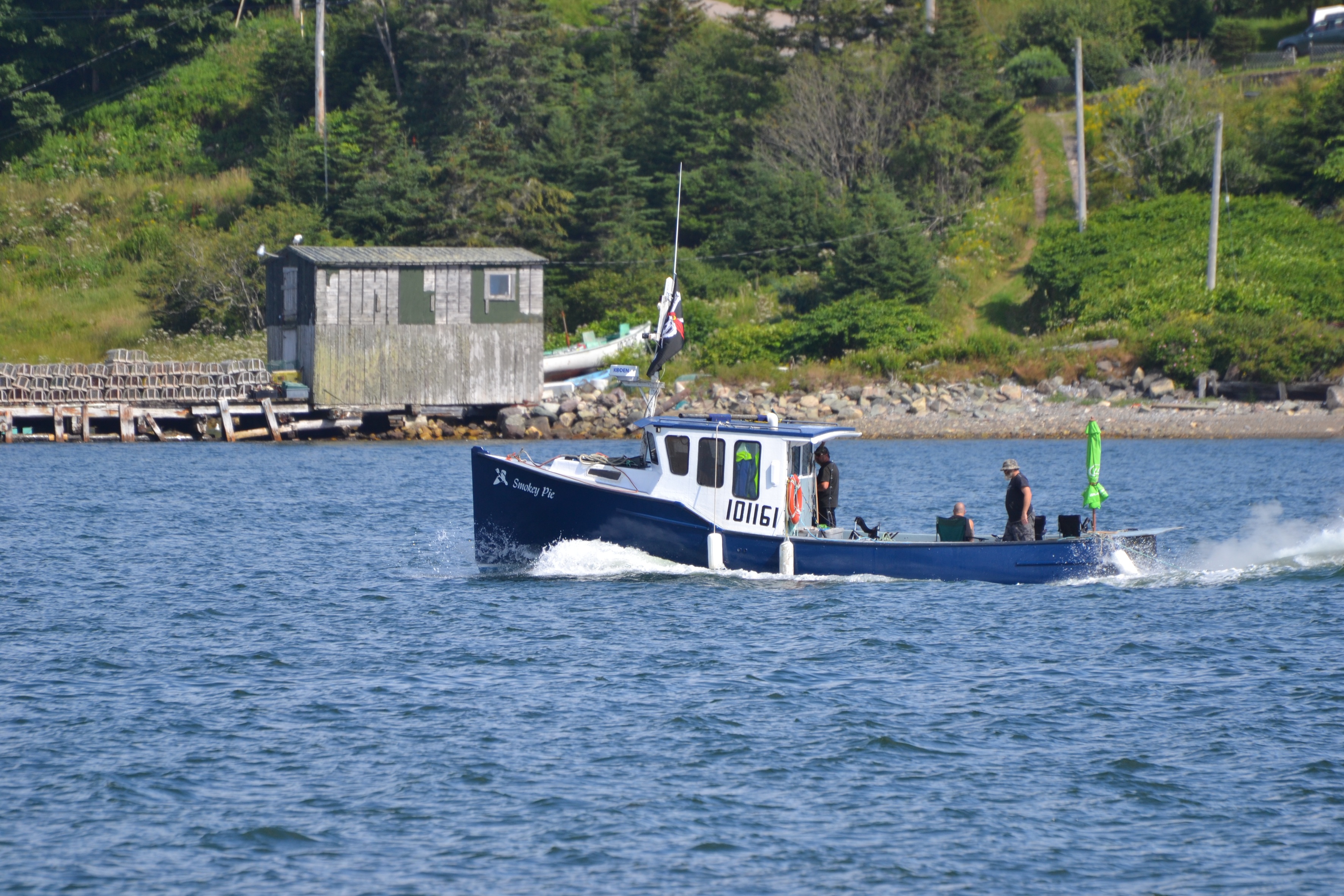Evaluating the feasibility of switching to catch-and-release shark derbies in Nova Scotia: fisher and public opinions, legislation, and policy
Many derbies around the world use catch-and-release rather than catch-and-kill as a method for game fishing. Given that sharks are an important part of the marine ecosystem and their populations are declining worldwide, effective conservation and management is imperative. In Canada, shark is the only species for which catch-and-kill is permitted; all other recreational fishing is catch-and-release. Changing shark derbies to catch-and-release would harmonize Canada’s management, making shark derbies match the rest of recreational fishing, as well as support Canada’s commitment to conserving its shark populations.
The first step is to assess the feasibility of switching to catch-and-release. Major research questions include:
- How have other countries made the switch to catch-and-release?
- What lessons can Canada learn from these case studies?
- What are the current barriers to catch-and-release?
- How can catch-and-release derbies contribute to science and remain fun?
- How do recreational fishers and the public feel about moving to catch-and-release?
- What are their concerns and how might these be addressed?
My study will evaluate the feasibility of moving to catch-and-release shark derbies and compare Canadian legislation and policy on recreational shark fishing to other countries.
The aim of my master’s research is to develop a management plan outlining the next steps on the way to catch-and-release.

PRINCIPAL INVESTIGATOR
Sonia Jind
Master of Marine Management Candidate
Dalhousie University
Email: sonia.jind@dal.ca
Phone: 902-441-3347 (office)
SUPERVISORS
Tonya Wimmer (World Wildlife Fund)
Dr. Boris Worm (Dalhousie University)
TYPE/STATUS OF PROJECT
Scientific research (In progress)

